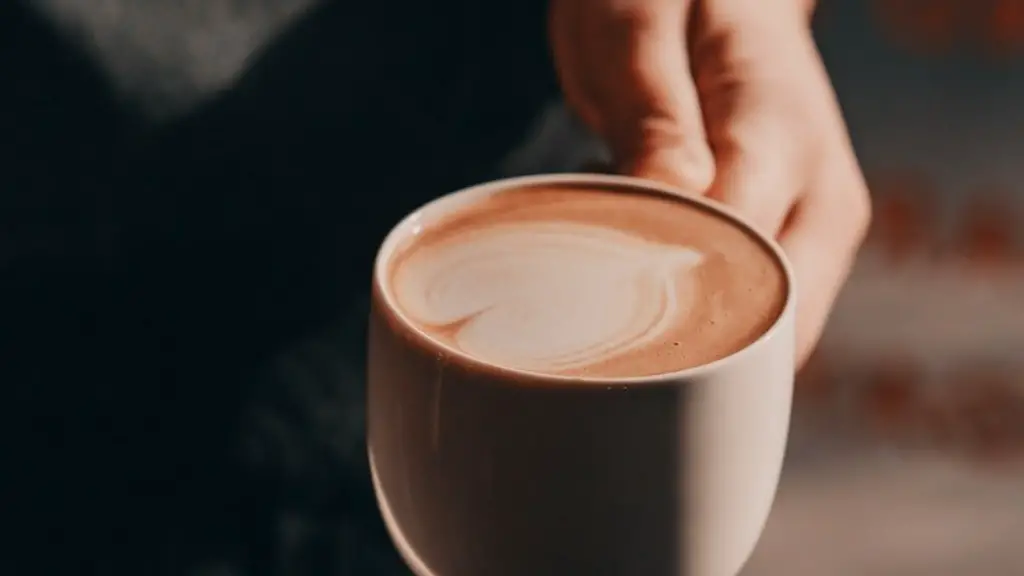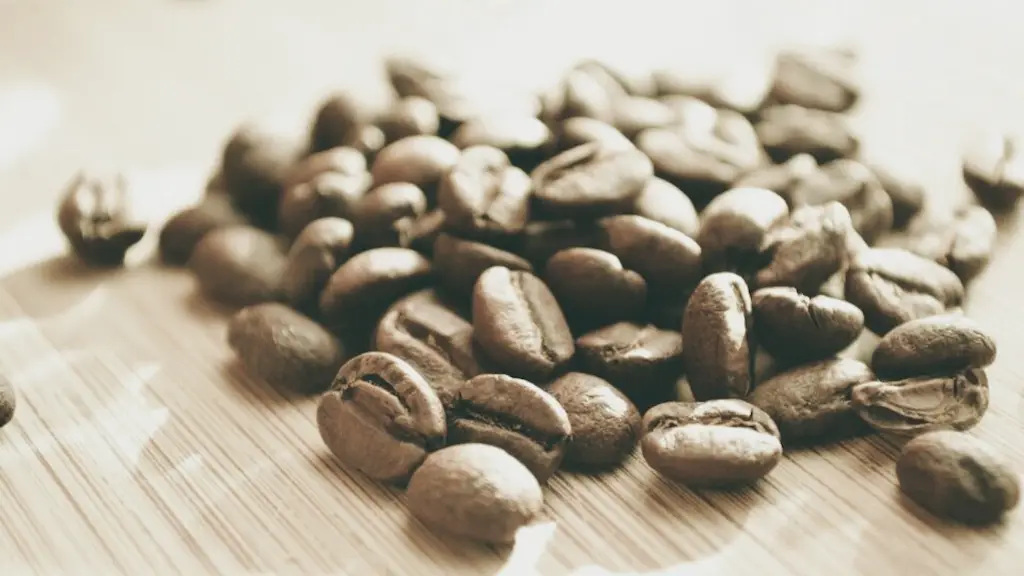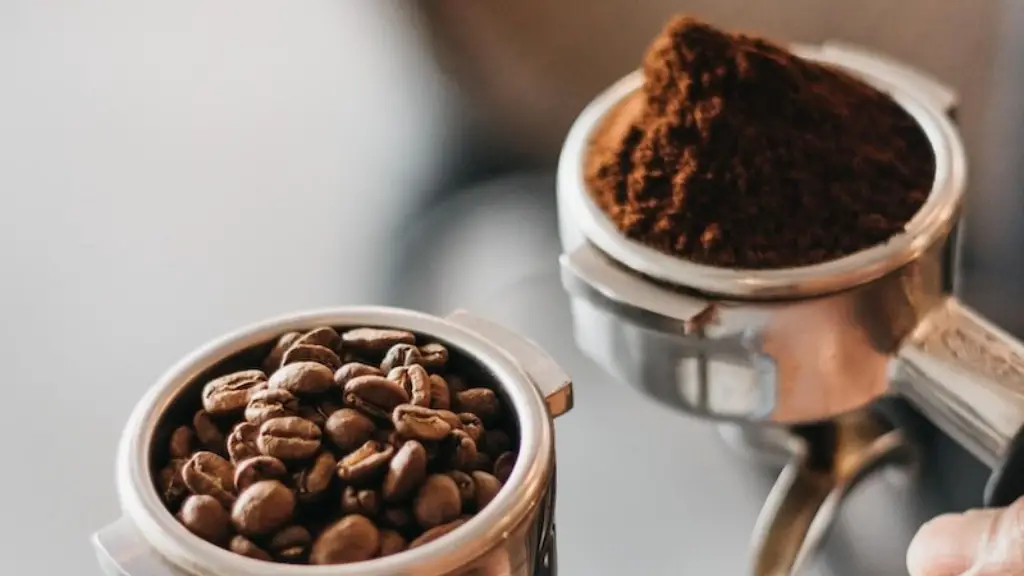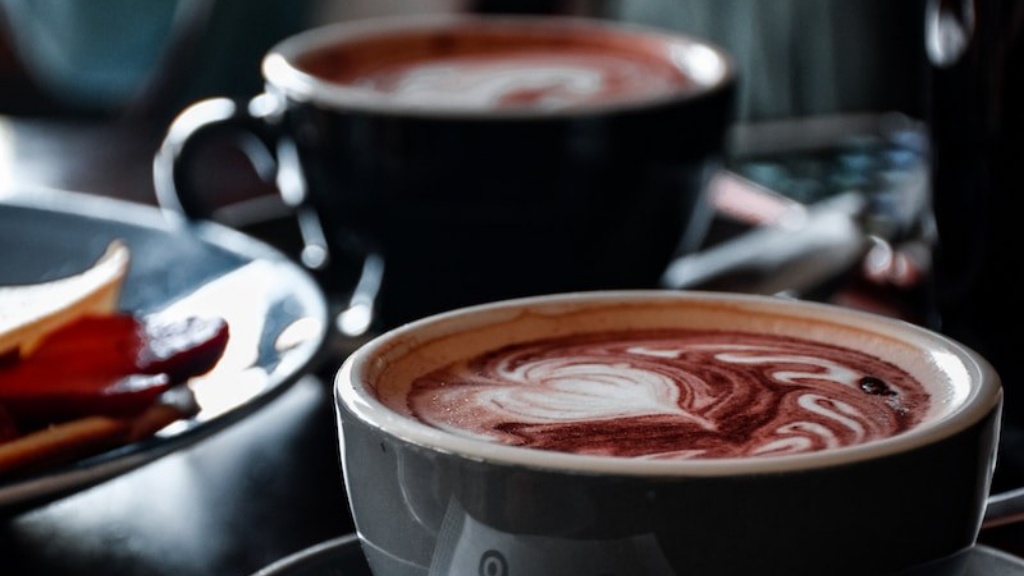When I Drink Coffee My Heart Beats Fast: Understanding the Impact of Caffeine on the Heart
Caffeine is a stimulant found in a variety of drinks and foods, including coffee, tea, cola and energy drinks. Caffeine has been known to be beneficial for increasing energy, alertness and concentration. It can also stimulate the cardiovascular system, including causing an increase in blood pressure and heart rate. Some people have reported feeling a fast or irregular heart rate when they drink coffee or consume other forms of caffeine. This can be alarming and uncomfortable, and it is important to understand why it happens and the potential risks involved.
Caffeine stimulates the central nervous system and can result in an increase in the body’s adrenaline production. Adrenaline is the body’s “fight-or-flight” hormone, which increases heart rate, resulting in an increased demand for oxygen. Too much adrenaline in the bloodstream can result in palpitations, which are sensations of a fast or irregular heartbeat, caused by an abnormal electrical rhythm in the heart. Although palpitations may be uncomfortable, they are usually harmless and they typically go away once the caffeine wears off. However, it is important to understand that if these sensations are prolonged or occur in combination with other symptoms, there may be something more serious going on.
The amount of caffeine that someone consumes can also play a role in the frequency and intensity of palpitations. According to the Mayo Clinic, a healthy adult can safely consume up to 400 mg of caffeine per day. However, some people may be more sensitive to caffeine and may experience palpitations and other heart-related symptoms even with moderate consumption.
It is also important to note that caffeine is not the only cause of palpitations. Anxiety, stress, and certain medications can also contribute to an increased heart rate. It is important to keep an eye on any changes or unusual sensations in the body and to consult a doctor if symptoms persist or worsen. A doctor can rule out any potentially serious medical conditions and advise on the best course of action.
In conclusion, feeling a fast or irregular heartbeat when drinking coffee or consuming other forms of caffeine is usually normal and nothing to worry about. But it is important to keep in mind that the amount of caffeine consumed and other lifestyle factors can affect the frequency and intensity of heart palpitations. If any unusual sensations persist or worsen, it is important to talk to a doctor.
Caffeine’s Effects on Cardiovascular Health
Caffeine can act as a mild stimulant on the cardiovascular system, causing an increase in blood pressure and heart rate. As a result, some people experience palpitations, which are sensations of a fast or irregular heartbeat, when consuming coffee or other forms of caffeine. While these sensations are usually harmless and will go away once the caffeine wears off, it is important to understand the potential risks and keep an eye out for any unusual sensations.
Research suggests that regular caffeine consumption can have some beneficial effects on cardiovascular health, such as increased stroke volume (how much blood the heart pumps per beat) and improved coronary blood flow. However, the effects of caffeine on cardiovascular health may vary between individuals and when consumed in excessive amounts, caffeine may increase the risk of stroke by raising blood pressure.
It is important to be mindful of the amount of caffeine consumed and consult a doctor if any unusual sensations persist or worsen. Additionally, lifestyle factors such as smoking, exercise and diet can also have an impact on cardiovascular health, and it is important to maintain a healthy lifestyle to reduce any potential risks.
Caffeine Intolerance and Other Sensitivities
Some people may be more sensitive to the effects of caffeine due to a condition known as caffeine intolerance. Caffeine intolerance occurs when a person’s body is unable to metabolize caffeine properly, resulting in an uncomfortable racing heartbeat and other symptoms. People may also be sensitive to other forms of caffeine, such as energy drinks, and may experience palpitations even with low doses.
It is important to be mindful of caffeine sensitivity and consult a doctor if any unusual sensations persist or worsen. Additionally, a doctor can advise on lifestyle modifications and other treatments such as anxiety medications. It is also important to read food and drink labels carefully to be aware of any sources of caffeine, especially for those who are prone to caffeine intolerance.
Coffee Alternatives for Reducing Heart Palpitations
If heart palpitations are a concern, there are many coffee alternatives available that can provide the same mental boost, without causing an spike in heart rate. Non-caffeinated options such as herbal tea, fruit juices and smoothies can be just as effective for energy levels as coffee. Additionally, natural sources of caffeine such as green tea and dark chocolate are also lower in caffeine and provide less of a jolt.
It is also worth considering lifestyle modifications to reduce the potential risks of heart palpitations, such as getting enough sleep, avoiding stress and exercising regularly. These modifications can also provide a mental boost and help to reduce any potential risks.
The Pros and Cons of Caffeine on Heart Health
Caffeine has long been known to affect the cardiovascular system, as it can increase blood pressure and heart rate. However, research suggests that moderate amounts of caffeine can have beneficial effects on cardiovascular health and can be consumed with minimal risk. Regular caffeine consumption has been linked with increased stroke volume and improved coronary blood flow.
On the other hand, it is important to be aware that excessive caffeine consumption can have detrimental effects on cardiovascular health, such as an increased risk of stroke. Additionally, some people may be more sensitive to caffeine and may experience palpitations and other uncomfortable sensations even with moderate consumption. It is important to be mindful of individual sensitivity and to consult a doctor if any unusual sensations persist or worsen.
Simple Strategies for Reducing Risk of Palpitations
There are many strategies that can help to reduce the risk of palpitations when drinking coffee or consuming other forms of caffeine. It is important to stay within the recommended limits and keep an eye on the amount of caffeine consumed. Additionally, there are many natural sources of caffeine that can provide a mental boost without causing a spike in heart rate, such as green tea or dark chocolate.
Lifestyle modifications such as getting enough sleep, avoiding stress and exercising regularly can also be effective in reducing the risk of palpitations. Lastly, it is important to keep an eye on any changes or unusual sensations in the body and to consult a doctor if symptoms persist or worsen.




